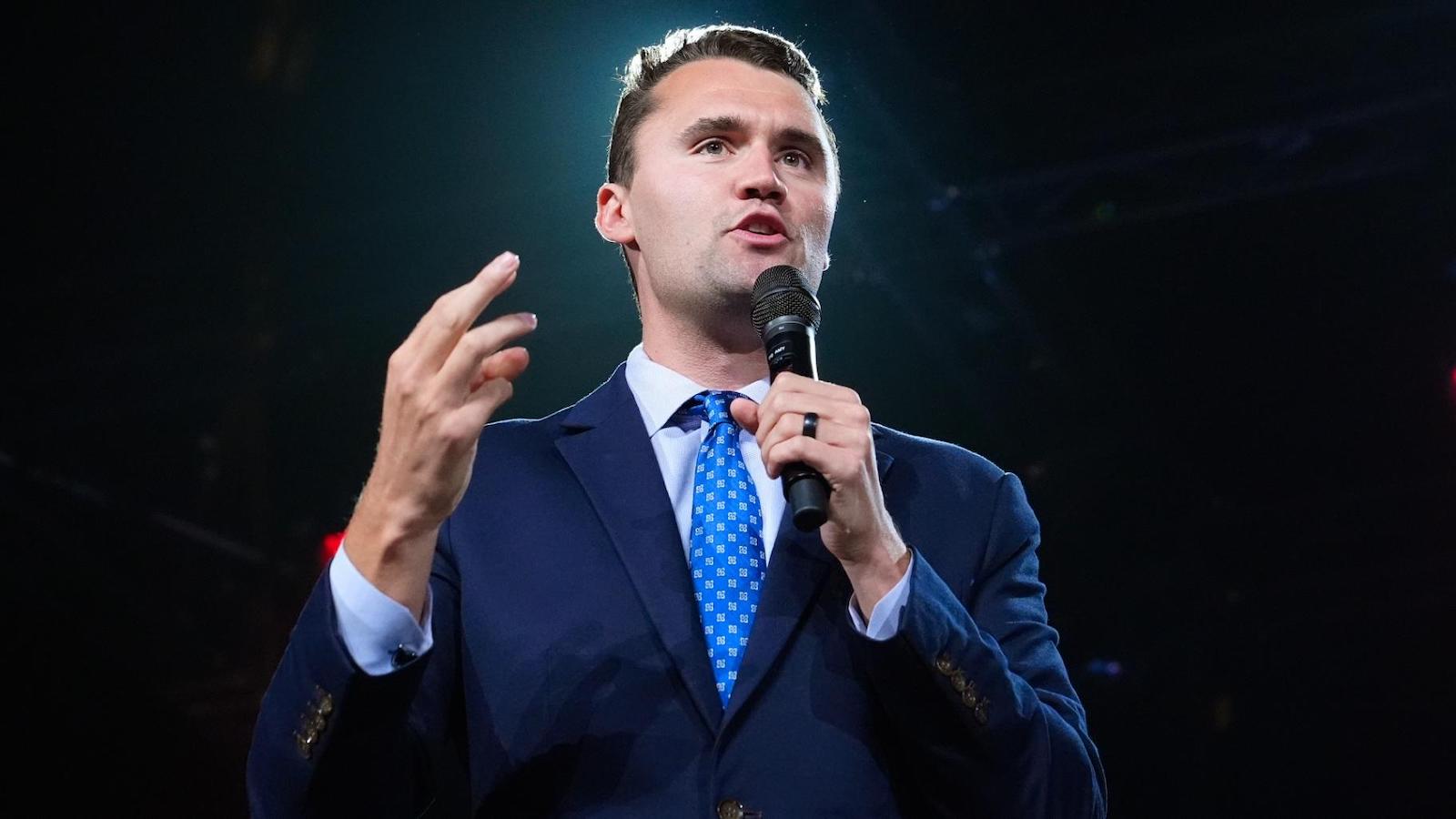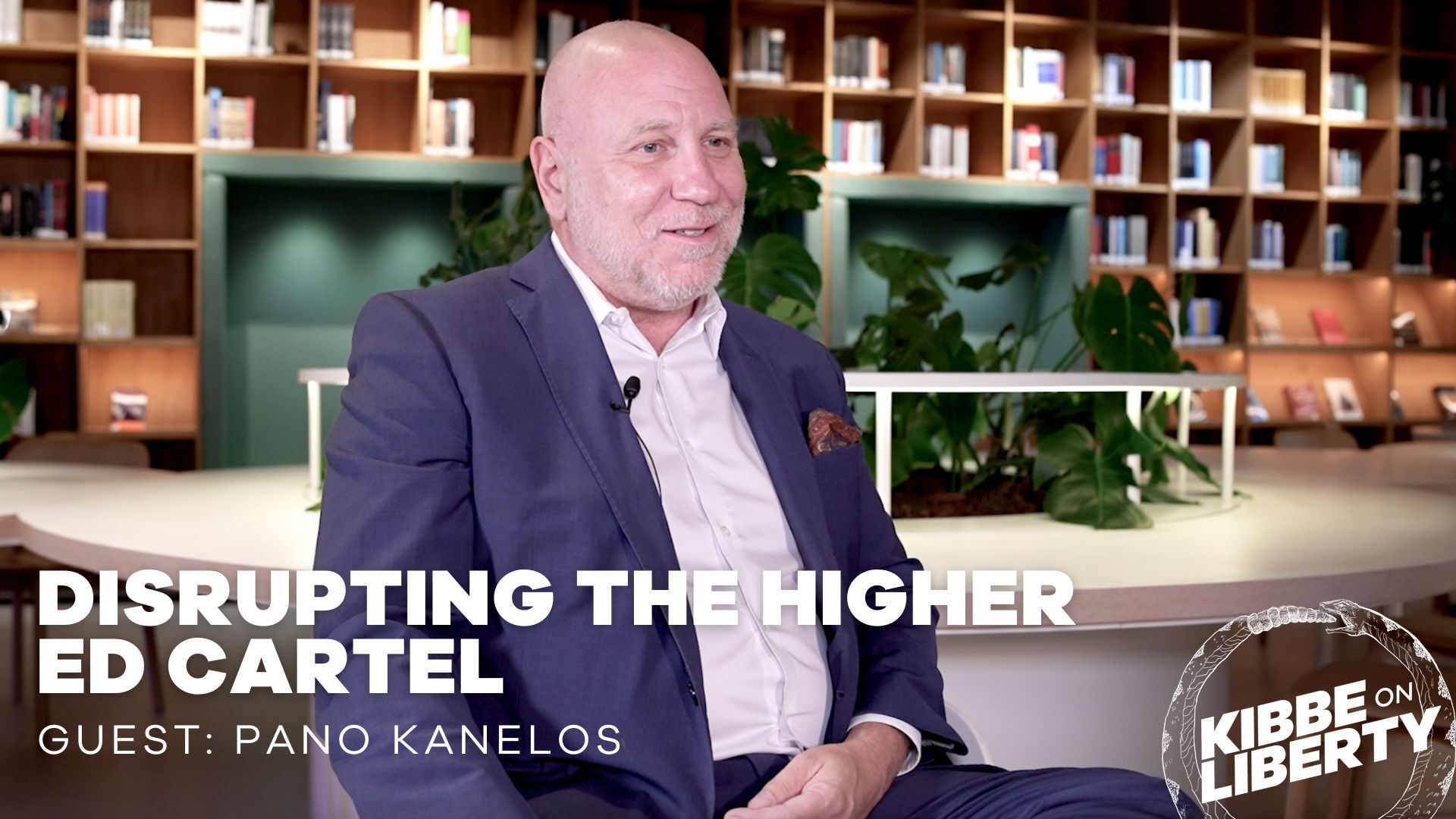
Prosecution of Julian Assange Sets a Dangerous Precedent
For years, Julian Assange has divided public opinion. From leaking the Iraq and Afghanistan war logs, dispersing Hillary Clinton’s’ emails during the 2016 U.S. election to conspiring with former U.S. army intelligence officer and whistleblower Chelsea Manning—Assange is a magnet for controversy.
Assange supporters consider him a champion for truth and information transparency. Yet opponents denounce him as a criminal so desperate for attention that he’s placed the lives of others in peril while publicizing sensitive information. The prospect of Assange’s extradition to the United States has once again revived the debate over just what free speech actually is. But it’s time we settled it, once and for all.
Assange was expelled from his hideout in London’s Ecuadorian Embassy for violating the terms of his asylum with his behavior and souring his relationship with embassy officials. And the U.S.’s resulting arrest had been a long time coming. Ever since Assange first sought asylum in the Ecuadorian Embassy back in 2012. The U.S. has been flexing its muscles. In 2011, the U.S. opened a grand jury to investigate the whistleblowing activities of WikiLeaks, hoping to prosecute Assange for espionage. The accusations against him included conspiring to communicate and disperse national defense information in violation of the Espionage Act. Indeed, the U.S. government has issued a federal indictment for Assange.
The indictment has been widely misreported by the media, which focused on Assange’s hacking into the Department of Justices’ Secret Internet Protocol Network (SIPRNet). The spotlight has also been shown on Assange’s computer intrusion offenses under the Computer Fraud and Abuse Act.
But this is not new evidence or information. In fact, the Obama Administration was aware of this information but sensed that prosecuting Assange would curtail the media industry’s freedoms. After all, the core of these allegations is really about Assange’s helping Chelsea Manning (trying to help Manning log into the Defense Department’s computers using a different username, maintaining her anonymity while downloading documents in the public interest—eventually furnishing them to WikiLeaks). So, he protected the identity of his source—a core element of journalism.
The federal indictment is bad news for journalism and will doubtless spark serious fear in the media community. Now, journalists have reason to worry that the prosecution of Assange could open the door for the government to meddle and restrain those cherished press freedoms. Too, it could set a precedent for governments to start criminalizing journalism activities.
For example, what if the government investigated the activities of other large newspapers like The Washington Post and The New Yorker, inquiring into their methods for acquiring information? Assange’s relationship with Manning wasn’t uncommon for investigative journalists—he secretly communicated with her, masked her identity and concealed her tracks. None of that’s criminal. National security journalists often communicate with sources through encrypted channels. These methods are used all the time to publish such information—whether it be abuses of power or other content the government prefers not to publicize, but that people need to see.
Assange deserves protection under the law, but not everyone thinks so. Critics believe Assange’s conduct is against journalism ethics, particularly his failure to redact personal information such as the medical files of ordinary citizens. For instance, former CNN Correspondent Frida Ghitis ardently disagrees with Assange’s classification as a journalist, arguing that he’s therefore “not entitled to the protections that the law—and democracy—demand for legitimate journalists.” Yet these kinds of dangerous assertions can have tyrannical consequences because they suggest that the government has the discretion to decide who is a journalist and who isn’t, and thus who deserves First Amendment protection.
But why does it matter if Assange is technically a “journalist?”
“Freedom of the press” isn’t merely for the professional press. The First Amendment protects the freedom to publish, write, print and speak freely—for all. At least, that’s what University of California Los Angeles (UCLA) Law Professor and First Amendment Scholar Eugene Volokh argues, pointing to the country’s historical understanding of free expression. And there’s a slew of case law and commentary by eminent legal scholars defining freedom of the press as a right belonging to every “freeman,” “citizen,” or “individual”.
As early as the 18th and 19th centuries, State Supreme Court cases deemed press freedom as permitting “every man” to publish his own opinion or sentiments on a range of subjects be they political, moral, or even literary. At the time of the Constitution’s framing, the media industry was much less developed and newspaper contributors were not only publishers, printers, or editors. For example, The Federalist Papers were written by American statesmen and diplomats. That’s why the framers of the Constitution didn’t direct the freedom of the press to a specific industry.
The possibility of prosecution for Julian Assange will unleash a dangerous precedent for both journalists and all individuals who engage in truth-seeking activities and speak or print their opinions freely. It will also mark the first time in U.S. history that someone is criminally prosecuted for publishing truthful information. We who care about free speech and government transparency should be deeply troubled by this unprecedented threat.
Free the People publishes opinion-based articles from contributing writers. The opinions and ideas expressed do not always reflect the opinions and ideas that Free the People endorses. We believe in free speech, and in providing a platform for open dialogue. Feel free to leave a comment.



